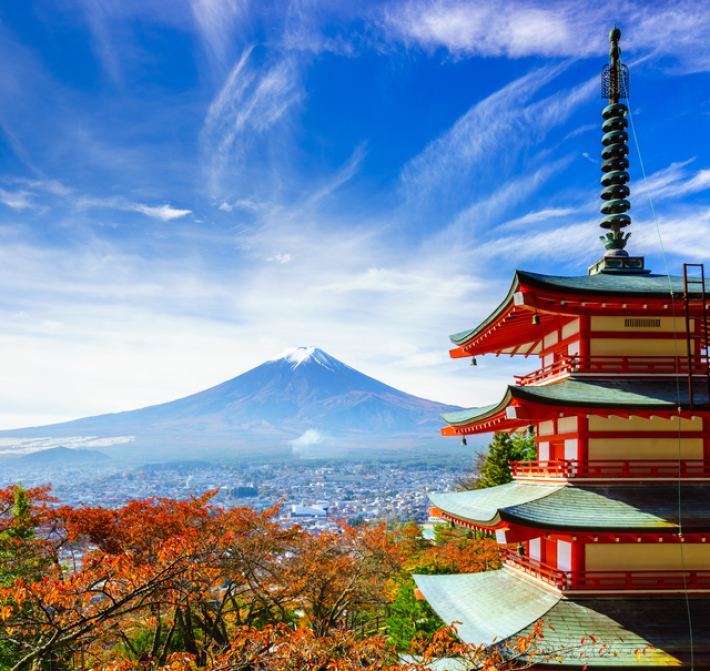
Recent global narratives about risk and societal resilience don’t make for very comfortable reading.
- The World Economic Forum’s (WEF) 2019 Global Risks Report makes it clear that wealth disparity, the polarisation of societies and the degradation of the environment are persistent and accelerating trends
- A 2018 UN report describes the growing use of restrictive regulations (and new technologies) by governments to constrain civil freedoms
- Freedom House (an independent watchdog) says that freedom and the media are in a 'downward spiral' and that the fundamental right to seek and disseminate information through an independent press is 'under attack'. This is 'linked to the global decline in democracy itself'
- The WEF call this 'closing the space for civil society' and say that the adverse consequences include 'declining societal trust and increasing corruption, polarization and unrest'
Not a pretty picture, but what does it have to do with the Sendai Framework? Well, Sendai is a global resilience agenda that sets goals for disaster risk reduction at local, national and international levels. It’s not legally binding, enforceable or compulsory. But it’s noble.
EPC Fellow Hugh Deeming wrote a paper for us in 2017 that mapped UK Civil Protection policy and practice (mainly through the lens of Integrated Emergency Management) against the Sendai objectives. He made a convincing case that we are broadly in line with them.
You can access his paper here.
One of the Sendai objectives is to 'build back better'. This is a neat aspiration and it’s entered the general language of disaster recovery. It also coheres with Sendai’s most noble purpose, which is to use disaster risk reduction as a way of addressing the biggest systemic and societal vulnerabilities – and fundamentally that means poverty.
Now we can begin to close the loop. What chance can we have of achieving that Sendai goal in a world that seems to be turning the clock back – in terms of civil freedom, human rights, government accountability and environmental responsibility? These trends don’t establish or maintain a platform for the sort of collective commitment to a common good, that programmes like Sendai need.
Sendai has 11 more years to influence the practice of disaster risk reduction, and it will continue to do good. But the chances of achieving much reduction in the vulnerability of the world’s poorest seems, regrettably, to be quite low at the moment.
The Insight Team